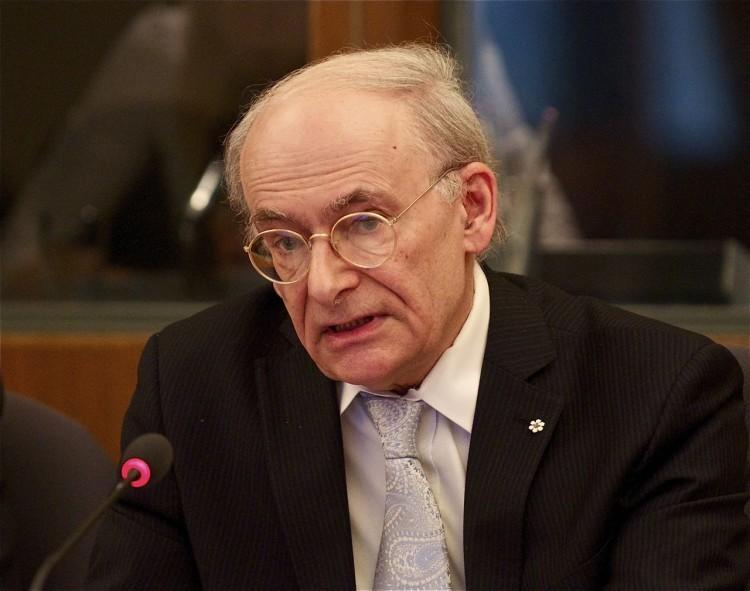Beijing and other tyrannical regimes exploit gaps in Canadian law to advance their transnational repression in Canada, and a prominent international human rights lawyer says this is a problem that calls for comprehensive legislation to combat their foreign interference.
Winnipeg-based lawyer David Matas, senior legal counsel for B'nai Brith Canada, said repressive states like China, Russia, and Iran have been exploiting organizations such as the International Criminal Police Organization (Interpol) to harass and intimidate their own nationals even after they’ve fled abroad to escape persecution back home. He said malign state actors are also abusing conventional mechanisms for international cooperation on criminal matters.





